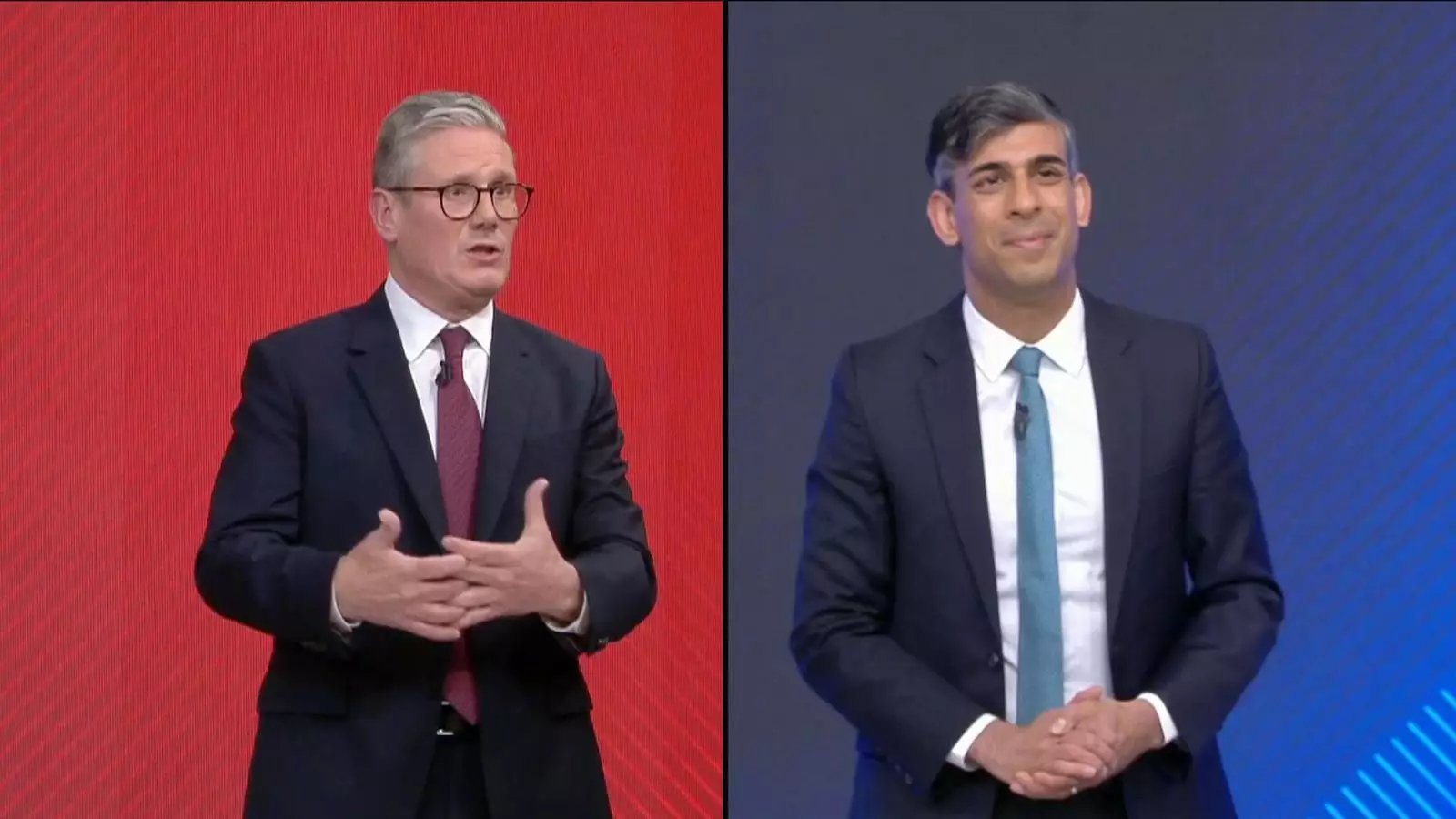The recent Battle for Number 10 event showcased Keir Starmer’s ability to stick to a script and reveal as little as possible about his plans for post-election tax rises. Despite maintaining a calm demeanor throughout the event, Starmer faced tough questions about his likeability and authenticity, with some audience members labeling him as too robotic in his responses. It is clear that Starmer’s cautious approach may be a strategy to avoid controversy and maintain a safety-first campaign. However, the audience’s reaction to his performance raises questions about whether he will be able to maintain public support if he becomes the Prime Minister.
On the other hand, Rishi Sunak faced significant challenges during the event, particularly when asked to defend his record as Chancellor. Sunak’s attempts to explain his policies and decisions were met with skepticism from the audience, with some members questioning his credibility on issues such as debt reduction and healthcare. His response to rising immigration rates and his handling of the Rwanda policy were particularly scrutinized, leading to a perception of evasion and deflection. Despite his efforts to present a transformative win for his party, Sunak failed to convince the audience of his competence and accountability as a leader.
The outcome of the Battle for Number 10 event was a decisive victory for Keir Starmer, with a significant majority of the audience and even former Tory voters favoring his performance over Rishi Sunak’s. The polling results reflected a clear preference for Starmer’s communication style and policy positions, indicating a potential shift in public opinion towards the Labour leader. In contrast, Sunak’s failure to address key concerns about his record and decision-making contributed to a missed opportunity to regain momentum for his campaign. The audience’s disapproval of his responses and the overall lack of enthusiasm for his leadership suggest that Sunak may struggle to connect with voters in the remaining weeks of the election campaign.
The Battle for Number 10 event served as a critical moment in assessing the leadership qualities and policy positions of Keir Starmer and Rishi Sunak. While Starmer’s scripted approach and cautious messaging may have provided him with a slight advantage in public perception, Sunak’s struggles to defend his record and communicate effectively proved to be detrimental to his candidacy. As the general election campaign progresses, both leaders will need to reassess their strategies and engage more authentically with the electorate to secure their standing in the race for Number 10.


Leave a Reply